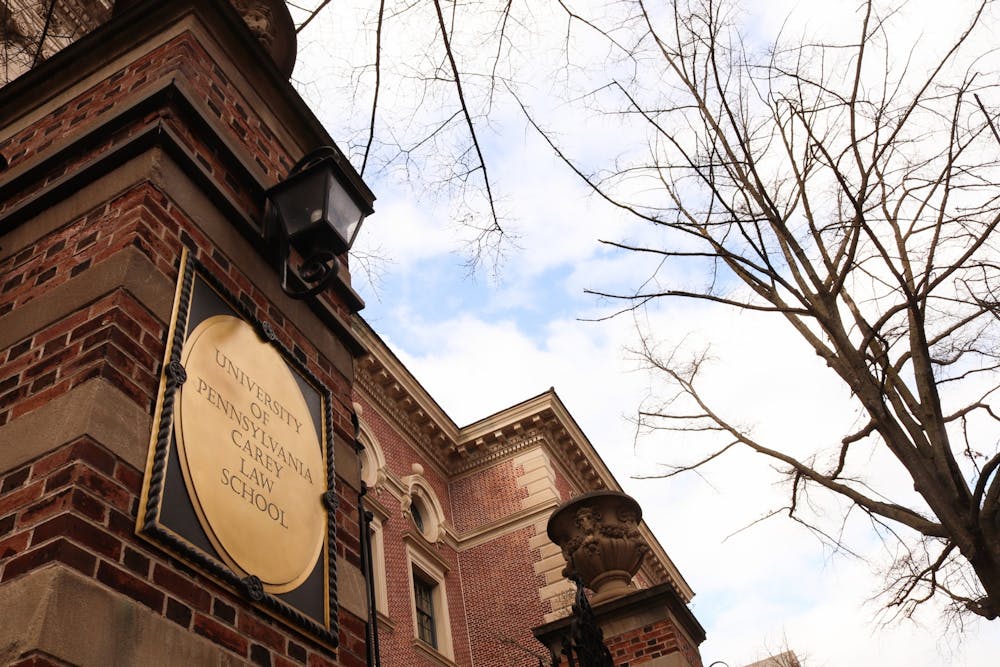
The American Bar Association’s policy-making body voted to keep the standardized test requirement for law school admissions this Monday.
The ABA House of Delegates rejected a proposed revision to its accreditation standards that would end the mandatory use of admission tests such as the LSAT. The vote on Monday followed significant debate in the law school community over the potential consequences of the change, Reuters reported.
Under ABA Standard 503, law schools must use a “valid and reliable” test to make admissions decisions. For decades, schools have relied on the LSAT as the only test meeting the criteria, though the ABA authorized the GRE as an acceptable alternative in 2021.
In 2018, University of Pennsylvania Carey Law School launched a pilot program allowing students to take the GRE or GMAT instead of the LSAT, making it the first U.S. law school to accept GMAT scores.
Those advocating for the rule change argue that the standardized test requirement disadvantages diverse applicants. A 2019 study found that, on average, Black test takers scored 142 on the LSAT, whereas white and Asian test takers scored 153. Part of the reasoning behind the Standard 503 amendment is to give law schools more leeway to explore different methods of assessing an applicant’s potential.
In November 2022, the accrediting panel of the ABA voted 15-1 to remove the standardized test requirement in law school admissions. The revisions were slated to take effect in 2025, contingent on the approval of the Council of the Section of Legal Education and Admissions to the Bar.
Over 50 law school deans, including Dean of Carey Law School Theodore Ruger, wrote a public objection to the proposal prior to the vote. They expressed concern that the change would unintentionally reduce the diversity of incoming classes by increasing reliance on other admission factors, such as grade point averages and the prestige of the undergraduate school, that are susceptible to bias.
The Law School Admission Council, the organization that administers the LSAT, stated that the LSAT is a reliable predictor of success, allowing students to judge whether they are ready for the rigors of law school, Reuters reported.
The House of Delegates debated a similar proposal to remove the test mandate in 2018. The Standards Review Committee’s recommendation emphasized that law schools choosing to go test-optional must still align with Standard 501’s mandate to “maintain sound admission policies and practices consistent with the standards, its mission and the objectives of its program of legal education.”
The proposal was withdrawn before reaching the House, amid concerns that removing the objective test would lead unprepared students to attend law school and incur heavy debt.
“The [House of Delegates] vote will ensure that we have additional time for research into the actual impact of test-optional policies on students and diversity," LSAC President Kellye Testy said in a statement on Monday.
Despite the House vote, it is still possible for the elimination of the test mandate to take effect by 2025. The proposal now returns to the Council of Section of Legal Education and Admissions to the Bar for further consideration. If the amendment is voted down for a second time, the Council can implement the proposal without House approval.
The Daily Pennsylvanian is an independent, student-run newspaper. Please consider making a donation to support the coverage that shapes the University. Your generosity ensures a future of strong journalism at Penn.
Donate




